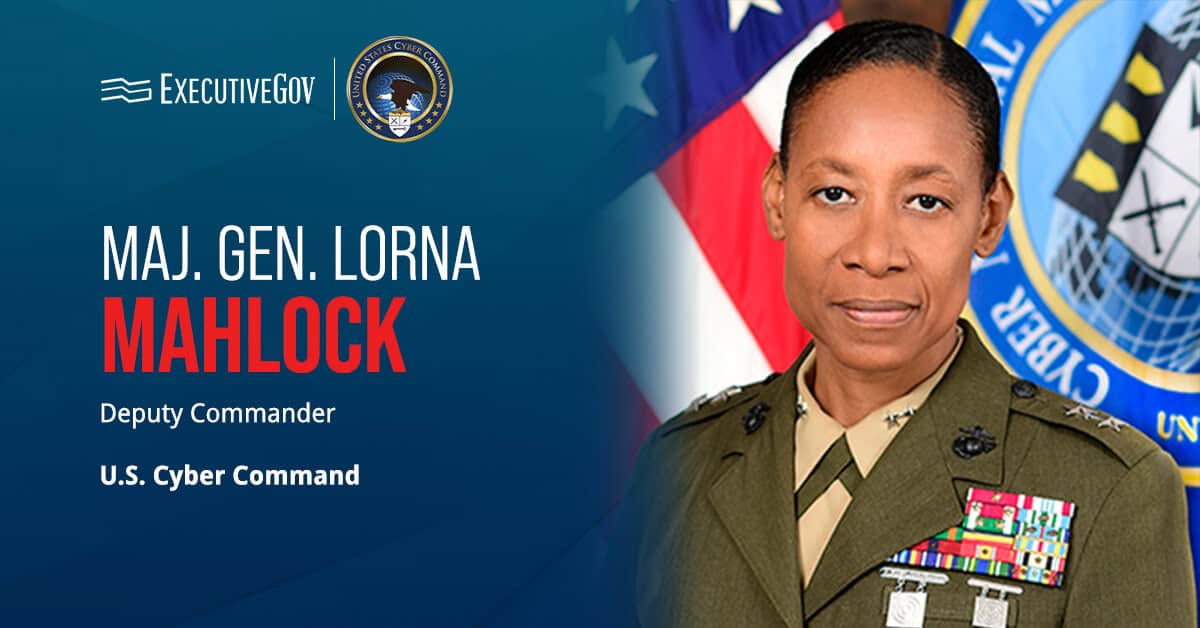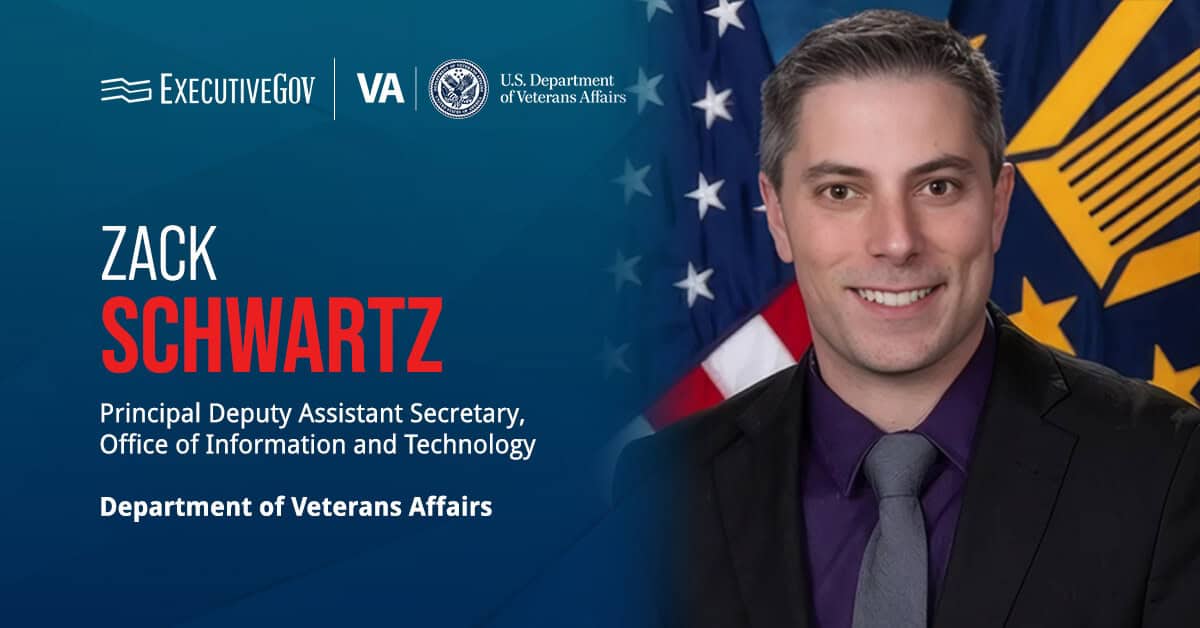The Department of Defense has awarded the University of Virginia a three-year, $4.5 million research project to develop and test novel hypersonics technology.
UVA will work with other universities as well as government and industry partners for engine design, maneuverability control, operational resiliency and scramjet ground tests, DOD announced Tuesday.
Northrop Grumman, Lockheed Martin, Boeing, Calspan and Innoveering will serve as UVA’s industrial advisors and partners for the hypersonics project. Public sector partners include Sandia National Laboratories, the Air Force Research Laboratory and NASA.
The Joint Hypersonic Transition Office sponsored the applied research effort through the University Consortium for Applied Hypersonics.
Aside from UVA, the University of Minnesota, North Carolina State University, and Virginia Tech will participate in the project.





